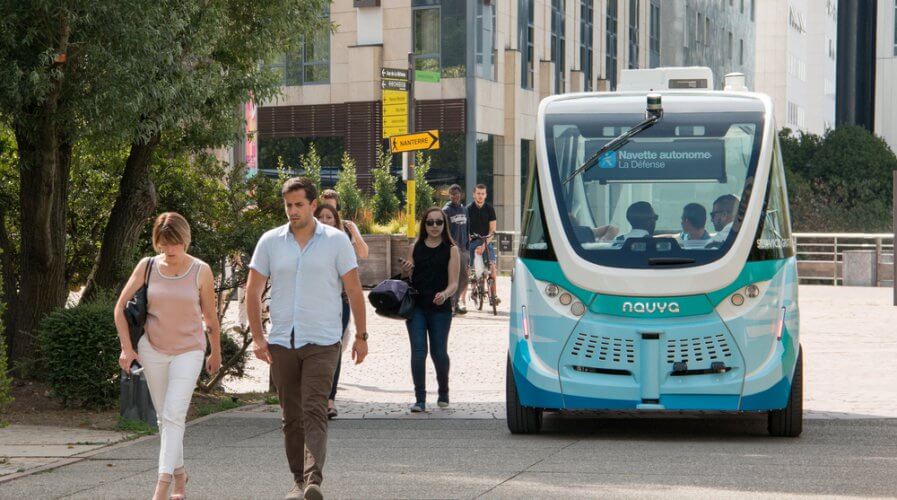
Will people accept autonomous cars as a concept? Source: Shutterstock
GlobalData makes positive forecast about autonomous cars
AUTONOMOUS vehicles have been getting a lot of attention recently, especially from companies that are keen on leveraging the product to create shared-mobility businesses at scale.
Most recently, for example, Chinese ride-hailing giant Didi recently announced that it set up an independent autonomous cars unit/business venture.
Didi isn’t late to the party. It set up its autonomous cars team back in 2016 — which it has grown with more than 200 staff (primarily technology professionals) — spread out in the US as well as China.
While the spin-off is expected to help the autonomous cars unit go faster, the long-term view is that the business will be fully integrated into the parent’s service portfolio when possible.
Didi might not have paid money upfront to get into the ‘autonomous driving’ game, but other companies have. Osram, for example, joined BMW, Toyota, and others to provide US$25 million in funding to an autonomous driving startup recently.
According to GlobalData, more than US$48 billion worth of mergers, acquisitions, and investments have been witnessed in the shared mobility sector from the start of 2016 to the end of 2018.
The think tank’s latest report Shared mobility – Thematic Research reveals that, if the development of shared mobility networks continues at its current rate, self-driving taxis will become a commonplace transportation option by 2035.
GlobalData’s forecasts are quite reasonable, of course, with the automotive industry rooting for autonomous cars to revolutionize not just their own businesses but also the larger mobility industry.
“Consumers are becoming ever more comfortable with the concept of having access to a shared product without the financial burden of private ownership,” said GlobalData Automotive Analyst Mike Vousden.
“There is a momentum towards these services, whether that is shared cars that can be rented for a few hours or a network of autonomous taxis that can be summoned to your door via a smartphone app.”
According to a survey of more than 5,500 consumers from around the world earlier this year, 59 percent said they were awaiting the arrival of autonomous cars with anticipation. About 47 percent of the respondents also said they believe self-driving cars will give them a sense of freedom.
Further, the survey highlights that within the next five years, 52 percent would prefer to be driven in a self-driving car than a normal one. That’s an exciting finding and highlights the strong positive sentiment in the market among consumers.
GlobalData’s forecast for 2035, to be clear, doesn’t conflict with the findings of the survey as it discusses when the technology will be commonplace as against it becoming available.
While GlobalData uses shared mobility as a catch-all term for transport services where the means of getting around is shared between multiple users, the industry is expected to see massive changes as companies from all sectors plunge into the mobility space with fleets of autonomous cars.
In the future, autonomous cars will change the face of mobility — and are expected to change consumers relationship with vehicles entirely.
What GlobalData and other analyst firms are emphasizing, however, is that consumers are prepared for that change, and businesses that champion and pioneer it will be rewarded handsomely.
READ MORE
- Global concerns rise over alleged cyber hacking activities linked to China
- China’s new tech policies challenge Intel and AMD in a shifting landscape
- Saudi Arabia could become the largest player in the AI industry
- How vulnerable are we to cyber threats in the digital age? Here’s what IBM found
- Wise: Revolutionizing travel and finance in Malaysia




